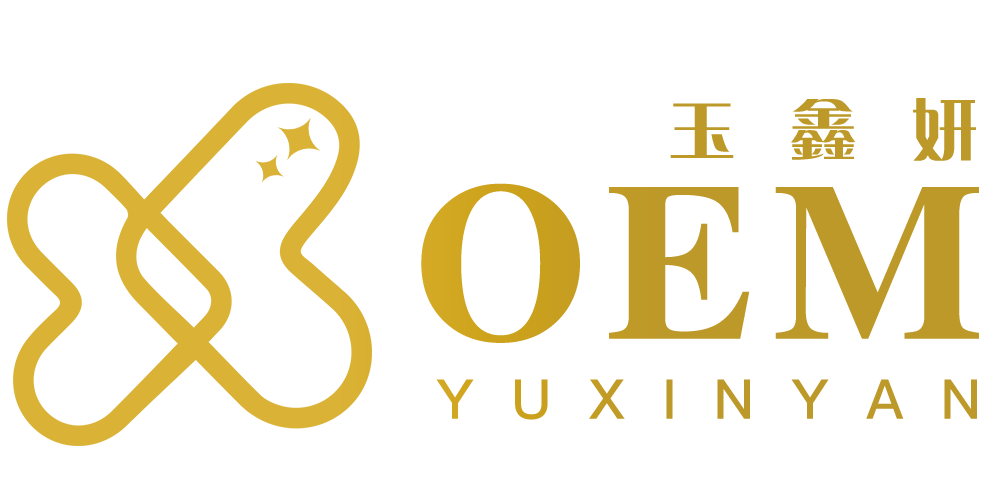From Facial Creams to Edge Control Gels: The Ultimate Guide to Private Label Beauty Solutions

The beauty industry is ever-evolving, with trends like sustainability, inclusivity, and innovation dominating the market. Among these trends, private-label beauty solutions have taken the spotlight, providing brands the flexibility to create custom products under their unique identity. Whether you’re a startup or an established brand, private labeling offers endless possibilities for beauty entrepreneurs. From facial creams that hydrate to edge-control gels that define, private-label products cater to diverse beauty needs while allowing businesses to thrive in a competitive market.
In this comprehensive guide, we’ll explore the benefits of private-label beauty solutions, highlight key product categories, and provide insights into how you can launch your own line with ease.
What Are Private Label Beauty Products?
Private-label beauty products are manufactured by third-party companies but sold under your brand’s name. Unlike white-label products, which are generic and uncustomizable, private-label products allow you to tailor formulations, packaging, and branding to align with your business’s goals.
Why Private Labeling is a Game-Changer:
- Cost-Effective: No need to build a factory or hire a production team.
- Customizable: Tailor products to suit your audience’s needs.
- Scalable: Test small batches and scale up as demand grows.
- Branding Flexibility: Own your product’s identity entirely.
Private Label Categories to Watch
1. Facial Creams
Private-label facial creams are a cornerstone of the skincare market. Hydrating, anti-aging, and brightening creams are highly sought after. With private labeling, brands can offer unique formulations enriched with ingredients like hyaluronic acid, niacin amide, or vitamin C to appeal to various skin concerns.
2. Edge Control Gels
Edge control gels are popular in the textured hair care market, providing hold and shine for sleek hairstyles. Private labeling allows brands to develop unique gels with natural ingredients like aloe vera or castor oil, catering to consumers who prioritize gentle yet effective solutions.
3. Makeup Products
From foundation to lipstick, private-label makeup products give brands the freedom to create inclusive shade ranges and trendy formulations like matte, dewy, or long-wearing.
4. Body Care Products
Body lotions, scrubs, and oils are another profitable category. With private labeling, brands can infuse their products with nourishing ingredients like shea butter, coconut oil, or essential oils for a luxurious experience.
5. Sustainable and Vegan Beauty
Consumers are increasingly drawn to eco-friendly and cruelty-free products. Private-label solutions enable brands to create sustainable beauty lines with biodegradable packaging and vegan formulations.
Steps to Launch Your Private Label Beauty Line
1. Research Your Target Market
Understanding your audience is key. Are they looking for luxury skincare, affordable makeup, or natural haircare? Identify their preferences, concerns, and budget.
2. Find a Reliable Private Label Manufacturer
Choose a manufacturer with a proven track record of quality, compliance, and innovation. Look for certifications like GMP (Good Manufacturing Practices) and the ability to customize formulations.
3. Design Your Product Line
Decide on your product lineup, packaging, and branding. Collaborate with designers to create visually appealing packaging that aligns with your brand.
4. Test and Refine
Order samples to test product quality and effectiveness. Gather feedback from focus groups to refine formulations if necessary.
5. Launch and Market
Create a marketing strategy that includes social media, influencer collaborations, and email campaigns. Leverage platforms like Instagram and TikTok to showcase your products visually.
FAQs
Q1: How much does it cost to start a private-label beauty line?
A: Costs vary depending on the manufacturer, product type, and order quantity. You can start with as little as $1,000 for a small batch.
Q2: Are private-label products high-quality?
A: Yes, private label manufacturers often provide high-quality formulations. Always request certifications and product testing results.
Q3: How long does it take to launch a private-label product?
A: Typically, it takes 4-12 weeks, depending on the customization level and manufacturer’s production timeline.
Q4: Can I create eco-friendly private-label products?
A: Absolutely! Many manufacturers specialize in sustainable formulations and packaging.
Conclusion
From skincare to haircare, private-label beauty solutions empower businesses to enter the competitive beauty market with unique and high-quality products. By partnering with the right manufacturer and understanding your target audience, you can create a beauty line that resonates with consumers and stands out in the industry.
Whether you’re starting with facial creams or edge-control gels, the possibilities are endless. Private labeling is the ultimate way to turn your beauty business dreams into reality.
